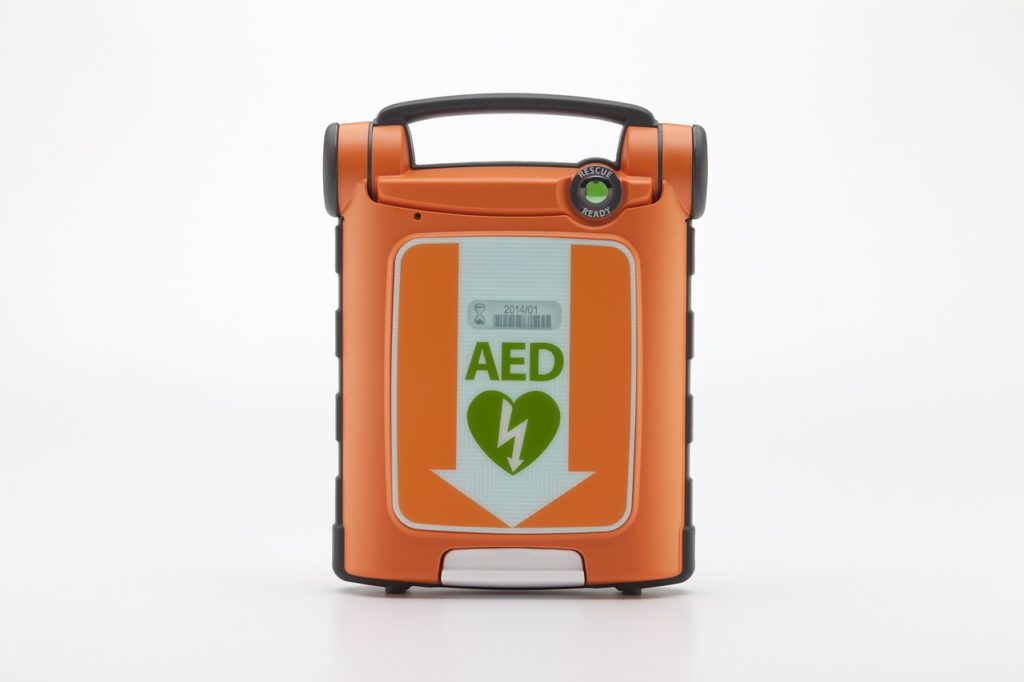In response to the British Heart Foundation’s (BHF) Nation of Lifesavers campaign, launched in 2014, all secondary school pupils in England and Scotland will receive CPR training. The Department for Education announced their 2020 England-wide plans in January this year, while Moray, Falkirk and Fife pledged in April to join the other 29 local authorities in Scotland already committed to delivering CPR training to every secondary school pupil.
Sadly, in the same month that Scotland pledged to ensure more potential lifesavers on our streets, the education secretary for Wales rejected calls to make CPR training compulsory in Welsh schools.

Every year across the UK there are around 30,000 out of hospital cardiac arrests across the UK, but sadly less than 1 in 10 survive. In some countries where CPR is universally taught, survival rates are more than double the UK rate. In Denmark and Norway the survival rate is over 25% with BHF arguing this is, in part, due to a greater number of bystanders providing CPR.
CPR (cardiopulmonary resuscitation) is a lifesaving medical procedure given to someone who is in cardiac arrest, meaning their heart has stopped beating. CPR involves a person giving chest compressions (pressing up and down on the casualty’s chest), along with a series of rescue breaths. This helps to pump blood around the casualty’s body when their heart cannot and can help prevent brain death in the vital minutes before paramedics arrive.
The BHF Nation of Lifesavers campaign aims to see ‘lifesavers in every street and every workplace’. While our Emergency First Aid at Work online training course might not cover CPR in depth, it is certainly a good starting point to ensure staff have knowledge of a range of basic first aid procedures.
Health and safety training is all about balance and you may wish to consider inhouse training to compliment any basic online first aid training and meet your CPR needs. The British Heart Foundation can provide team training, or you can purchase a Call Push Rescue training kit from them to learn how to run your own CPR training sessions.
In response to the Nation of Lifesavers campaign, at echo3 we are currently updating our First Aid at Work course to also look at the importance of following CPR with defibrillation using an AED (automated external defibrillator).

After someone experiences sudden cardiac arrest (SCA), brain death starts to happen within just 4 to 6 minutes if no CPR and defibrillation occur, so fast response is vital. While CPR can keep blood pumping to the brain, an AED is needed to restart the heart and is designed to be used by anyone, even without training.
If you suspect SCA, the chain of survival is:
- Call the emergency services immediately
- While you wait for paramedics, give CPR
- Use a defibrillator (AED) to restart the heart
Remember, every second counts. AEDs, when used within the first 3-5 minutes of a person suffering a cardiac arrest, can increase the chance of survival from less than 5% to as much as 70%. Public access and workplace AEDs are becoming common. Do you know the location of your nearest AED?
The conditions for defibrillation are optimal for only a very few minutes but this period can be extended if a bystander provides effective CPR. Scotland and England committing to training the UK’s young people in CPR means there will be substantially more potential lifesavers on our streets.
While Wales are not discounting CPR training in schools, the Welsh Education Minister, Kirsty Williams, says a shakeup of the curriculum means a move away from prescribed topics so it will be up to individual schools whether CPR training takes place.
The BFH estimate that more than 5,000 additional lives could be saved in the UK each year if CPR training becomes universal.
Take a minute to reflect on that. 5,000 lives saved.
5,000.
Come on Wales, step up!


